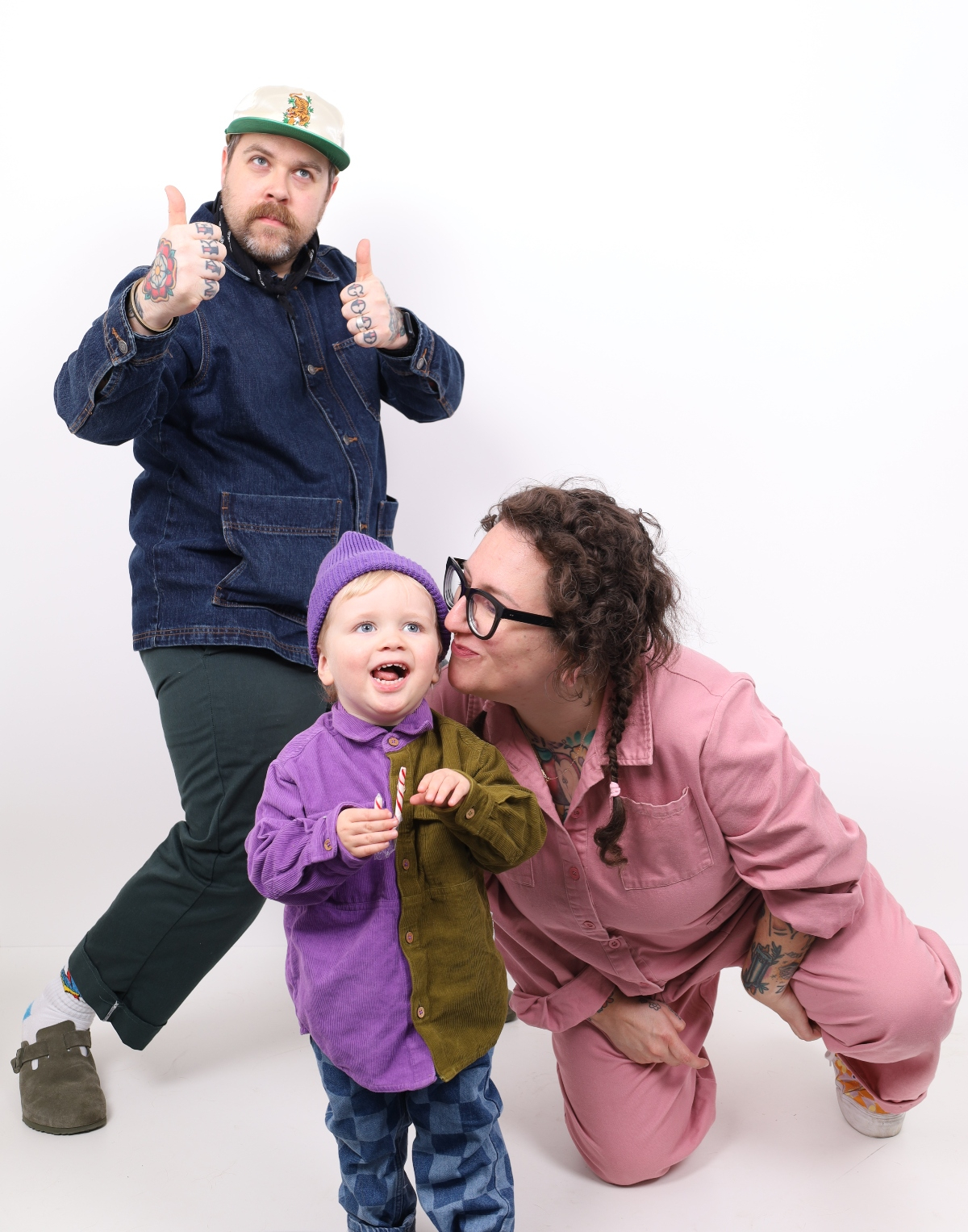Support journalism that lights the way through the climate crisis
These in-their-own-words pieces are told to Patricia Lane and co-edited with input from the interviewee for the purpose of brevity.
Drew Minns makes doing business online more climate-friendly, accessible and profitable. As founder of reallygood.work, Drew and his team design and implement online consumer experiences with the health of our planet front and centre.
Tell us about your project.
Most people forget that every email, photo, video, and indeed every piece of data, has to travel through physical equipment and built spaces. Data centres use a lot of energy. When we focus on enhancing the consumer experience, it turns out many standard tools that are assumed essential are a massive waste of energy, increase consumption and end up confusing consumers with too much information. One example is those annoying pop-ups that distract and exhaust us when what we really wanted was to buy one thing. My team returns to basics like customer-centred design, great graphics and simple, easy-to-use, well-tested interfaces.
For example, if you use WordPress, every time anyone logs onto that page, it must be built from scratch. A minority of sites, like those carrying emerging news, need to be updated multiple times a day, so for most enterprises, this is serious overkill. Occasional price or product or service changes can be easily dealt with but on a background of a static site.
Lots of consumer sites have dozens of images. But offering a few choices well-tailored to the consumer’s preferences results in more sales. Someone wants to buy a striped shirt they see advertised on a social media channel. They go to a site and are met with 30 choices, including flowered shirts, sweaters, shoes, and they have to scroll to find the shirt they wanted. My team designs to help, rather than overwhelm.
Videos might attract, but having to watch reduces purchasing. We prefer a few great images over videos and find well-designed graphics work even better with much less energy use.
Or the site might require a user with an older phone to wait while it loads, so they leave. We design so the loading responds to consumer readiness.
By using more basic but very well-designed images, we conserve energy. We also make the internet more accessible for those who cannot afford or don’t want the newest, resource-intensive smartphones and computers. And good design makes it more pleasant for everyone.
How did you get interested in this work?
I grew up on the internet and understand the tech. But like most people, I never thought about the energy I was using. In 2023, Canadians spent an average of 145 minutes a day on sites like LinkedIn, TikTok and Instagram. This energy equates to driving a small car 545 kilometres a year. If 35 million people move their data with power from gas, oil or coal, we make a lot of pollution. Even if our data centres use clean energy, we cannot afford to waste it. I am the father of a three-year-old and I want to be able to tell my son I did everything I could.

Tell us about your background.
I spent much of my adolescence in southern Ontario playing bass in bands. Word got out that I could design websites and posters. That led to a job after high school in a sign shop and then to a diploma from Humber College in multimedia design and production. With that ticket and my connections in the music industry, I did digital promotion of artists and events for Universal Studios and taught coding at Humber College. Now I work with a collective of creatives and techies who are all obsessed with using basic common sense and good design to do our part to fix this mess.
What keeps you awake at night?
We have so much ground to cover so fast. We are up against a culture that deifies the next new bright shiny thing and discourages us from asking whether we will actually benefit from it. But my generation and the ones coming up after me increasingly want the places they work to reflect their values. They grew up with extreme weather, floods and fires, and they are less seduced by the “cool” and more interested in making a safe place to live.
How do you think the way you were raised impacted you?
I have a gentle father who supports the community. He runs a local food bank in his Ontario town of Gravenhurst. My mom taught me the value of a life with purpose. They raised us to value experience over acquisitiveness.
What would you like to say to others who might be wondering how to make a difference?
My generation has lived through so much. A pandemic that was supposed to only happen in movies; multiple economic recessions; so many extreme weather events that they are becoming sort of normal. We know about uncertainty. We want to live our lives knowing we matter. The result of doing nothing is predictable. Doing something will at least allow you to know you tried.
..... We are up against a
..... We are up against a culture that deifies the next new bright shiny thing and discourages us from asking whether we will actually benefit from it. .....
Mathematically, we are up against exponential growth. As Dennis Meadows wrote fifty years ago, we cannot have infinite growth on a finite planet.
Last year, Earth Overshoot day was August 3. That means that we have «over used » the capacity of the planet for 5 months....







Comments